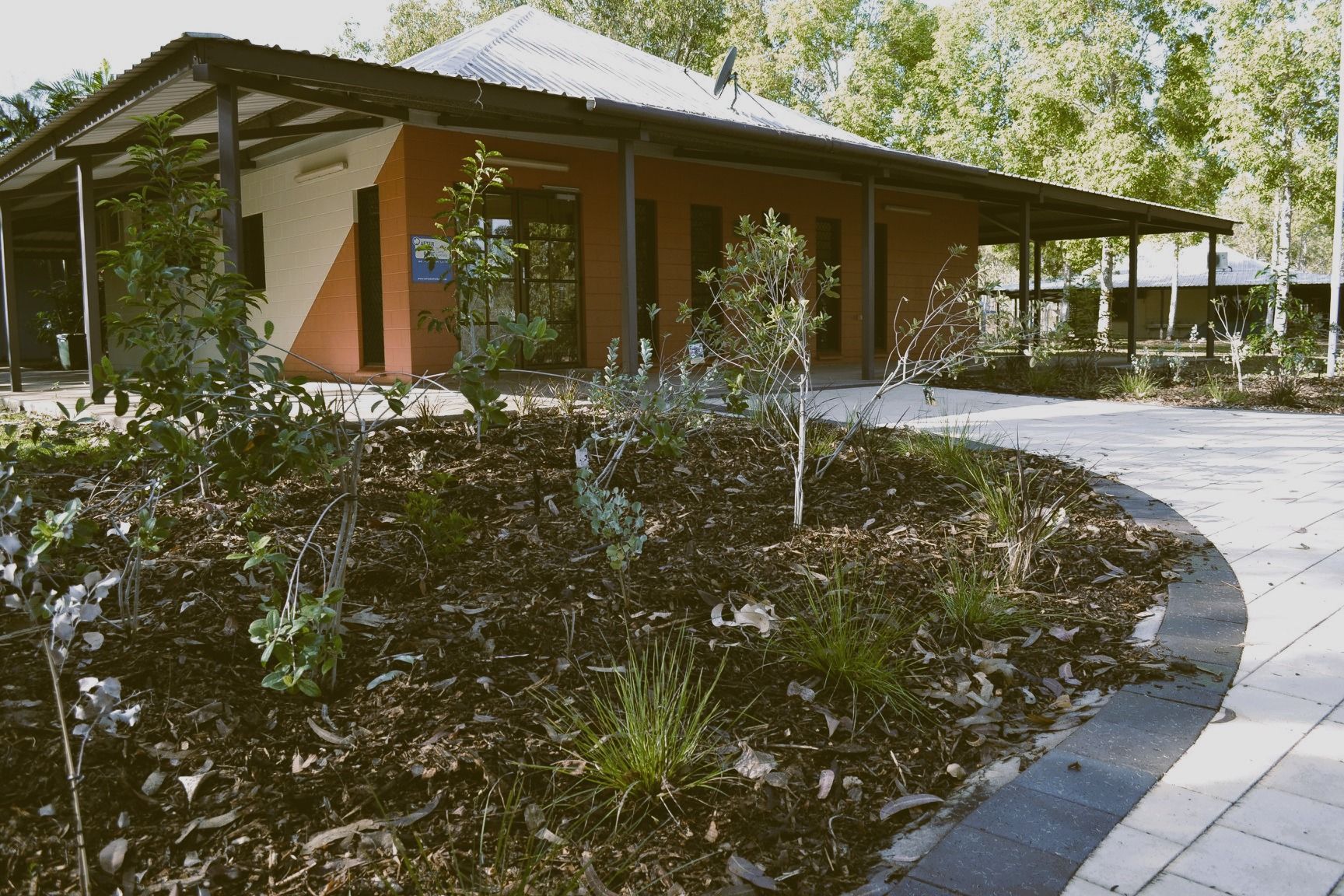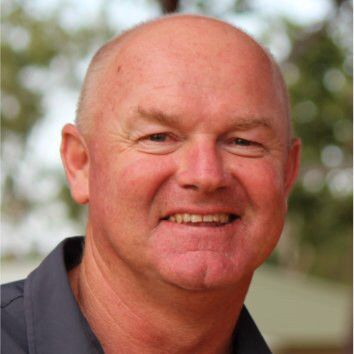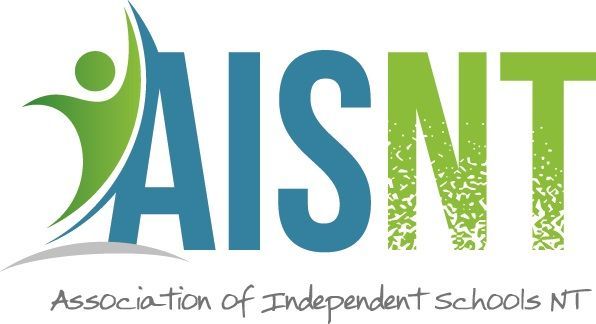Address
Level 2, NAB Building
71 Smith Street
Darwin NT 0801
Contact Us
“It Is A Creative, Challenging, Problem Solving, People Focussed Vocation”
Teaching is a Creative, Challenging, Problem Solving, and People Focussed Vocation. I would never have spent my life doing it if it was simply routine, marks focussed, repetitive, based on the mass and not the individual. One of the biggest challenges is that not everyone learns at the same rate or in the same way. An awareness of this is important for a Principal to take on board not only for students but also staff. Strangely my two sons are great at reading or listening to directions, understanding them and following them. This is a bit of a wonder because I’m not. I wasn’t when I was at school and I’m not now. But life has shown that I do learn, learn successfully and when I know it I usually don’t forget it. I’m fascinated with ways of learning because considering the differences means that more students will gain a successful understanding of what is being offered by the teacher.
My interest in learning is underpinned by tackling new things all the time. My old 1948 Riley has twin SU Carburetors. It this age of fuel injection and also not wanting to spend a fortune, I try to understand how they work myself - most people, even young mechanics, don’t know much about carburetors. Initially their operation is really hard to understand. After reading several manuals again and again and studying that particular part of the engine, certainly taking things apart, the understanding starts to reveal itself and so on, until finally success.
It is convenient to teach a lesson and believe that everyone has gained an understanding at the same rate. It solves a teacher’s conscience to pause in a lesson and ask if there is anyone who doesn’t understand. When nobody indicates a lack of understanding some teachers assume that is an indication of success. Usually, students are reluctant to provide that information and sadly the wrong message is delivered.
When appointing new staff, it is worth asking someone you are interviewing, “how will you know if all your class understands?” The answers are often very interesting. If prospective teacher doesn’t have a clue, then maybe they are not for your team.
One of the tasks that must be done as well as possible by a Principal is appointing new staff. It is dangerous to parcel that off to someone else. A school rises and falls by the capacity of the staff. Good staff, good school! The interview, which may use a small panel, is essential but is also a point of danger in making an appointment. A Principal may be highly impressed at interview but must always realise that some people are good at forming relationships and interview really well. I made some major mistakes by being captivated by someone at interview and not following up, well enough, referees or reading and re-reading the application a number of times to improve my sense of the person.
These days it is often hard to get a fully accurate impression about a prospect because Principals are reluctant to pass on the negative. Written references these days are often bland and don’t contain any comment about a person’s weaknesses. In the early days of my time as a Principal, fellow Principals were often much more straightforward.
A Principal friend, years ago, explained to me why a staff member I had recommended for a particular position, wasn’t successful. He said, “she could definitely do the job, but I couldn’t work with her.” To me if you can’t work with someone the partnership between you and the teacher is likely to be an unhappy one.
A Principal I worked for, when interviewing me, made the observation that he could find out from referees whether I could teach or not. He took me for a good walk around the school and later explained that he did that to see whether he could relate easily to me. Being able to work with someone is so important.
If you are a Principal for long enough you will probably get “stung” by the following. X interviewed effectively and the references checked out well. However, unethically a Principal had spoken really well of X, assuring they would be a good employee. I found out that the employee was not a good staff member and the Principal was trying to “off - load” them. I think that is such appalling action for a Principal to take. Interestingly I have also been a referee for someone who would maybe score seven out of ten. I gave the enquiring Principal a straightforward strengths and weaknesses verbal report and he appointed the teacher anyway, which surprised me. Of course, that is fine so long as the Principal is happy to deal with the weaknesses. Certainly, this may have been the case, but the strengths filled a need in the school. About three years later I met the Principal at a conference and I asked him how my former employee was going. He said, “OK. He is doing well at Y (the items I had said were strengths) but was not strong at Z (which were all the weaknesses I had described). I was very glad I had been straightforward. And the Principal could well have been effectively managing this teacher’s weaknesses.
Another useful approach to gain knowledge of a prospective teacher is to ask them to prepare a lesson and take it. You and another panel member would watch. If they were poorly prepared or couldn’t manage the class constructively or if it was obvious that they had no idea how to relate to students, then they were probably not ready for the school. However, you may see in them something that you think they could contribute effectively to your team. You know that if you are to employ them, they will need real support, which is definitely not token support and will cost real money to effectively put into practice.
Poor support helps no one, least of all the students. I had a teacher once whom I employed on, I thought, good grounds. He was conscientious, well prepared, hardworking, presented well. However, he was scared of the students, and they picked up on this quickly and wouldn’t behave for him. It didn’t work.
I was always wary of someone who was simple result focussed. I was a great believer in “Telationships” which is a word to summarise that teaching is about relationships. Some prospective teachers can’t establish a relationship with the class.
In relating to students a wise teacher will always search to provide a creative, meaningful, interesting lesson. The teacher will have presented well beyond the content for things that will be meaningful for the students and also inject a degree of fun into the lesson. Students have to want to learn. A class that has students that don’t want to learn is challenging but the solution may be found in creativity. Similarly a teacher’s creative mind can be directed towards innovative ideas that might help those students who are struggling. Putting skilled thought to this is better than ignoring the difficulty. There again, at interview, a teacher may be asked to describe creative strategies they have used in a difficult class. This creativity requires the desire to develop good problem-solving skills. Developing such approaches can not only be creative but also challenging and rewarding when there is some measure of success.
The task of a teacher is always challenging, but it should be creative, there should be a desire to solve problems, and it should be people focussed with an understanding of the concept “Telationship.”
Written by Chris Tudor


All Rights Reserved | Association of Independent Schools of the Northern Territory
AISNT acknowledges the Traditional Custodians of Larrakia country, where we are privileged to live, learn and work. We acknowledge the Traditional Custodians of Country throughout the Northern Territory on which our schools are located. We pay our respects to Elders past and present and extend that respect to all Aboriginal and Torres Strait Islander peoples

